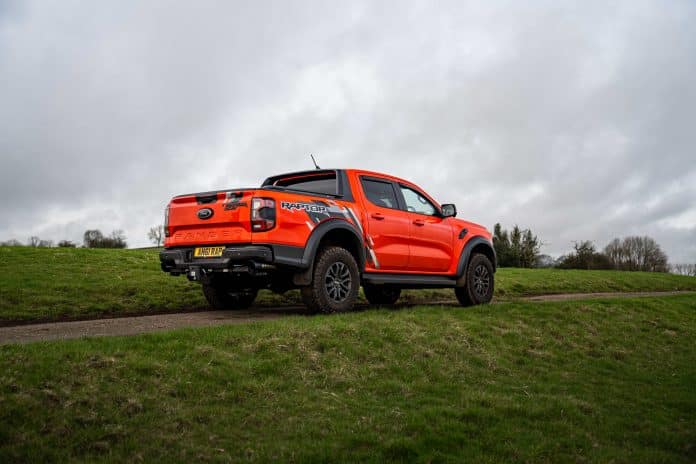The UK government has made a U-turn on its decision to treat double cab pick-ups as cars for taxation purposes. The government dropped the policy just seven days after announcing it, following backlash from the motor industry. On February 12, HM Revenue and Customs updated its guidance on the tax treatment of double cab pick-ups. The guidance stated that from July 1, 2024, all double cabs with a payload of one tonne or more would be treated as cars instead of goods vehicles for both capital allowances and benefit-in-kind purposes. The new rules were due to apply to all double-cab pick-ups ordered after July 1. However, any vehicles already on fleet or ordered before July would still be subject to the existing classification until April 2028.
The Society of Motor Manufacturers and Traders CEO, Mike Hawes, expressed his concern about the new policy, stating that it would “raise costs significantly and make an untenable choice for many.” In response to the backlash, the government withdrew the new guidance, and double cab pick-ups will continue to be treated as goods vehicles rather than cars. This means businesses and individuals can continue to benefit from the historic tax treatment.
The government acknowledged that the 2020 court decision and resultant guidance update could have an impact on businesses and individuals in a way that is not consistent with the government’s wider aims to support businesses, including vital motoring and farming industries. The government will consult on the draft legislation to ensure that it achieves the desired outcome before introducing it in the next available Finance Bill. Nigel Huddleston, financial secretary to the Treasury, said, “We will change the law at the next available Finance Bill in order to avoid tax outcomes that could inadvertently harm farmers, van drivers and the UK’s economy.”
Mike Hawes called the decision “sensible” and said that it would come as a relief to the many sole traders and businesses that rely on double cab pick-ups for their livelihoods, especially in the construction and farming sectors. He also stated that such a move, especially with little notice, would have damaged the market and decarbonisation aims. With the cost of living already high, the government should be looking at pulling every lever to boost, rather than limit, new vehicle uptake with efficient and zero-emission models.




